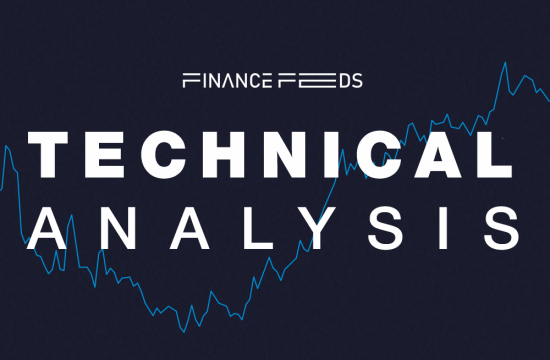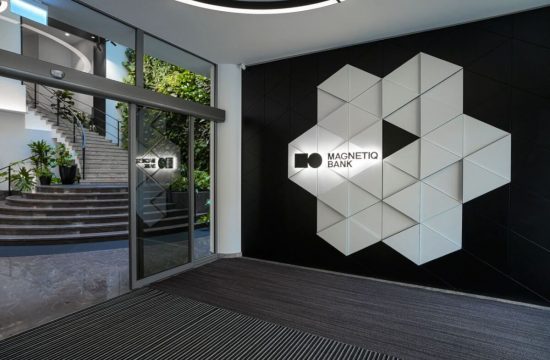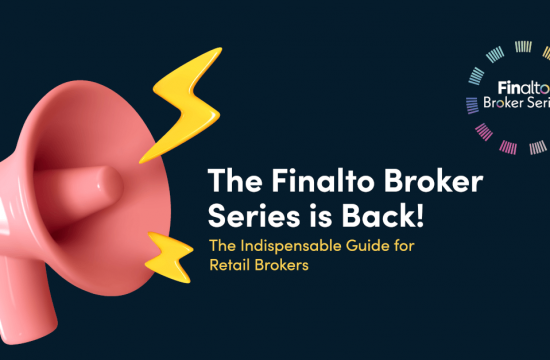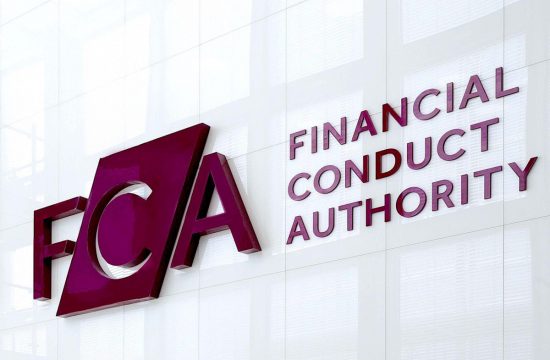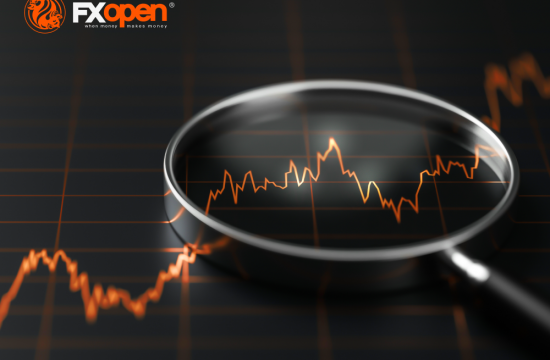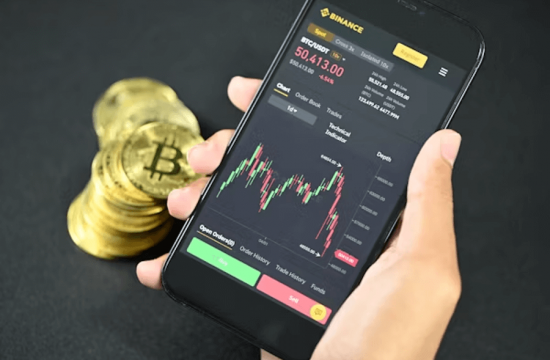A polish regulator has filed charges against the operator of cryptocurrency platform Kanga Exchange over false claims that it’s regulated by a dozen of EU countries.

The Polish Office of Competition and Consumer Protection said that contrary to claims on its website, Good Solution Investments Ltd. was not a polish entity, not known to the KNF or authorized to provide any type of financial service, including the provision of investment services. The company also lists the logo of the Polish Financial Supervision Authority, among many other authorities that Kanga alleges to work under their approvals.
“Kanga Exchange has never received the approval it refers to. Moreover, its activities are not subject to supervision or evaluation by the KNF. Providing such information could mislead consumers as to the legality and safety of the performed operations,” the head of UOKiK, Tomasz Chróstny, explained in an announcement.
According to the KNF’s website, trading in crypto-assets and trading venues themselves are not prohibited by law, and therefore, its transactions are ‘legal in the territory of the Republic of Poland.’
Poland has made localized attempts to regulate specific aspects of cryptocurrencies. While some of those instances are more concerning than others, none of it has officially banned the virtual asset class. Instead, the country has taken a stance similar to other countries to regulate the sector and prevent its use in criminal activities.
Nevertheless, Poland’s financial regulator, the Polish Financial Supervision Authority (KNF), has repeatedly warned consumers looking to profit from crypto investments to be ready to lose everything. The KNF’s concerns include price volatility, the complexity of products offered and the lack of consumer protection regulation around many crypto assets.
Additionally, the authority noted the lack of proper regulations in place and that crypto is difficult to understand and convert back to cash. Thus, crypto assets are somewhat murky investments and are difficult to be kept safe, unlike strictly regulated traditional financial markets.
The Warsaw watchdog added it was aware of investment cold-calls, which featured the regulator’s name being involved in monitoring the progress of proposed crypto-asset transactions.




